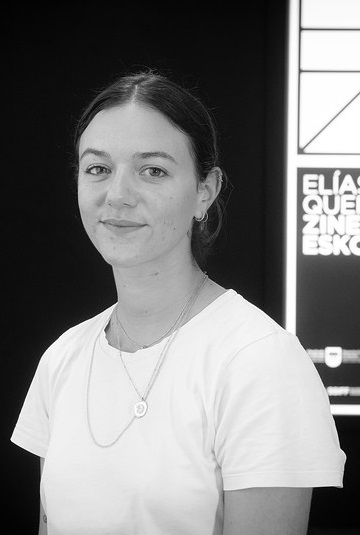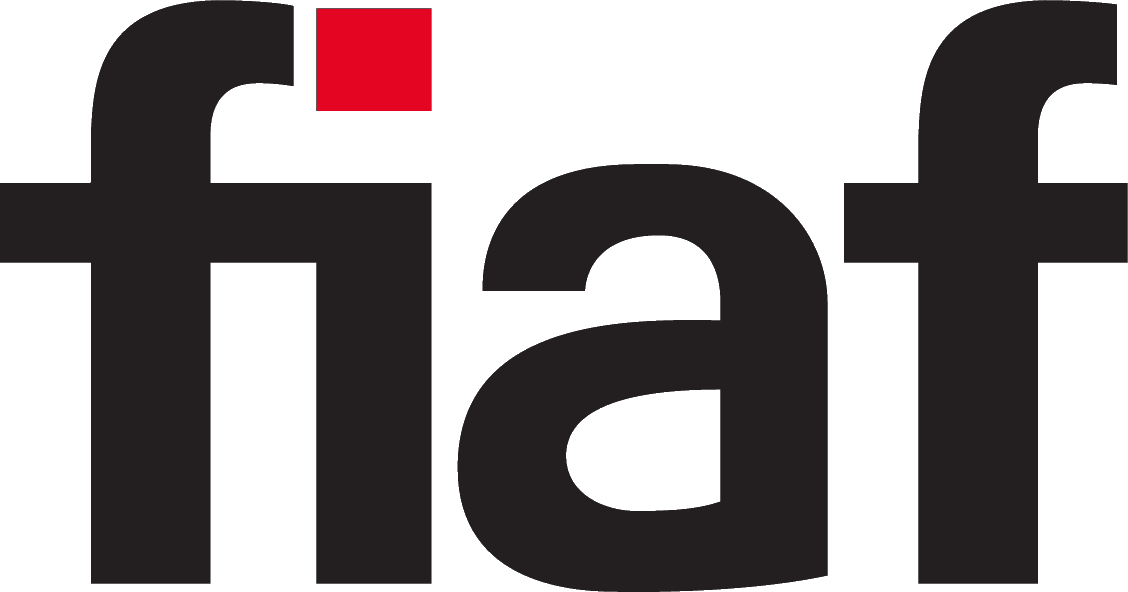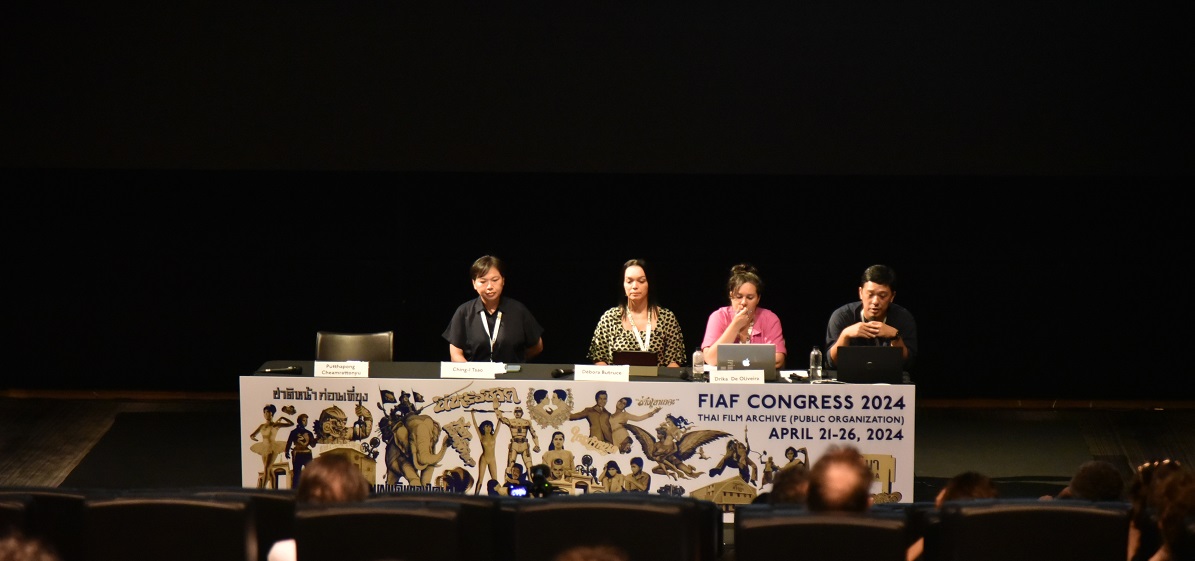©Thai Film Archive
2024 Bangkok Symposium
Session 3 - Digitization and Restoration : Some Different Paths and Contexts
Bangkok, 22 April 2024
Please do not publish or re-use in any way any of these documents without prior permission of the speakers.
Application of Frame-by-Frame Shooting in the Preservation of Film Reels Affected by Vinegar Syndrome
Ching-I Tsao (Graduate Institute of Documentary & Film Archiving at Tainan National University of the Arts)
This presentation explores the manual "frame-by-frame shooting" method to preserve moving images, particularly in migrating film reels severely affected by vinegar syndrome. The subject of migration is a 16mm black-and-white silent reversal film shot in Taiwan during the 1930s (Japanese colonial period). Over ninety years, vinegar syndrome has deeply impacted the film, exhibiting symptoms such as vinegar odor, shrinkage, warping, crystallization, and emulsion detachment. This renders the delicate film base unsuitable for mechanical digitization, necessitating manual "frame-by-frame shooting"; for image migration and preservation. Despite encountering challenges such as the absence of reference technical precedents and inadequate financial support, we persist in utilizing both digital (digital single-lens reflex cameras) and analog (traditional film cameras with intermediate negative films) Methods for manual "frame-by-frame shooting". The primary objective of this study is to explore the sustainable preservation of moving images and uncover further possibilities for preservation.
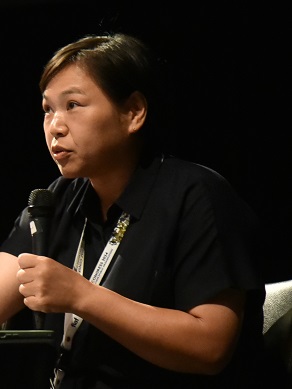
Preserving and Programming the Multiple Incarnations of Thai 16 mm Films
Putthapong Cheamrattonyu (Thai Film Archive (Public Organization))
"Preserving and Programming the Multiple Incarnations of Thai 16mm Films" explores the Thai film industry's use of 16mm film from 1950 to 1970, a period marked by unique live dubbing practices. The presentation examines the challenges in preserving these films, as many were shot on fragile Kodachrome stock and lacked soundtracks, relying instead on live dubbing, which varied by region and venue. Through case studies, Cheamrattonyu highlights the complexities of reconstructing these films, often from multiple versions, to create new "incarnations" for modern screenings. The discussion emphasizes the Thai Film Archive's efforts to preserve this distinctive cinematic heritage, despite the significant challenges posed by the films' deteriorated condition and the need for creative solutions in programming them for contemporary audiences.
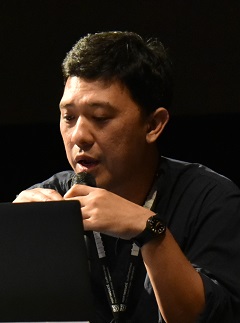
The Challenging Scenario of Digitization in Brazil and How Collaborative Projects can be a Solution
Débora Butruce (Brazilian Association of Audiovisual Preservation)
Audiovisual archiving and preservation in Brazil face significant challenges due to ongoing management needs for digitization, a hot and humid climate, and financial instability. The lack of digitized Brazilian films limits their availability on streaming platforms and highlights the inadequacies of the country’s audiovisual archives. Many Latin American films are not digitized, resulting in lower-quality versions and limited visibility. The high cost and limited facilities for digital restoration further exacerbate these issues. This presentation explores Brazilian experiences with digitization and digital preservation, discussing the impacts of local instability and proposing regional and sustainable solutions. It will also consider how Brazil's situation reflects broader challenges in Latin America, aiming to foster collective strategies for improvement.
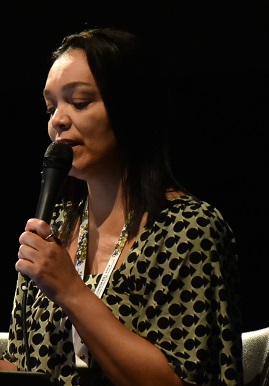
Collaborative Practices as Resistance : an Attempt at Restoring “The Freedom Giver” (Kais al-Zubaidi, 1989)
Margaux Chalançon (EQZE, Nadi Lekol Nas)
This presentation presents the 2022 restoration of The Freedom Giver [Waheb al-Horriyah] (1989), a film by Kais al-Zubaidi documenting the Lebanese resistance movement (LNFR) against the Israeli occupation of the country in the 80’s. Margaux Chalançon, a Master's student at the Elias Querejeta Zine Eskola (EQZE) at the time, spearheaded the restoration project in collaboration with Nadi Lekol Nas, a Lebanese cultural association. This transnational partnership highlights the potential for resistance found in collaborative ways of restoring audiovisual material and preserving marginalized narratives.
